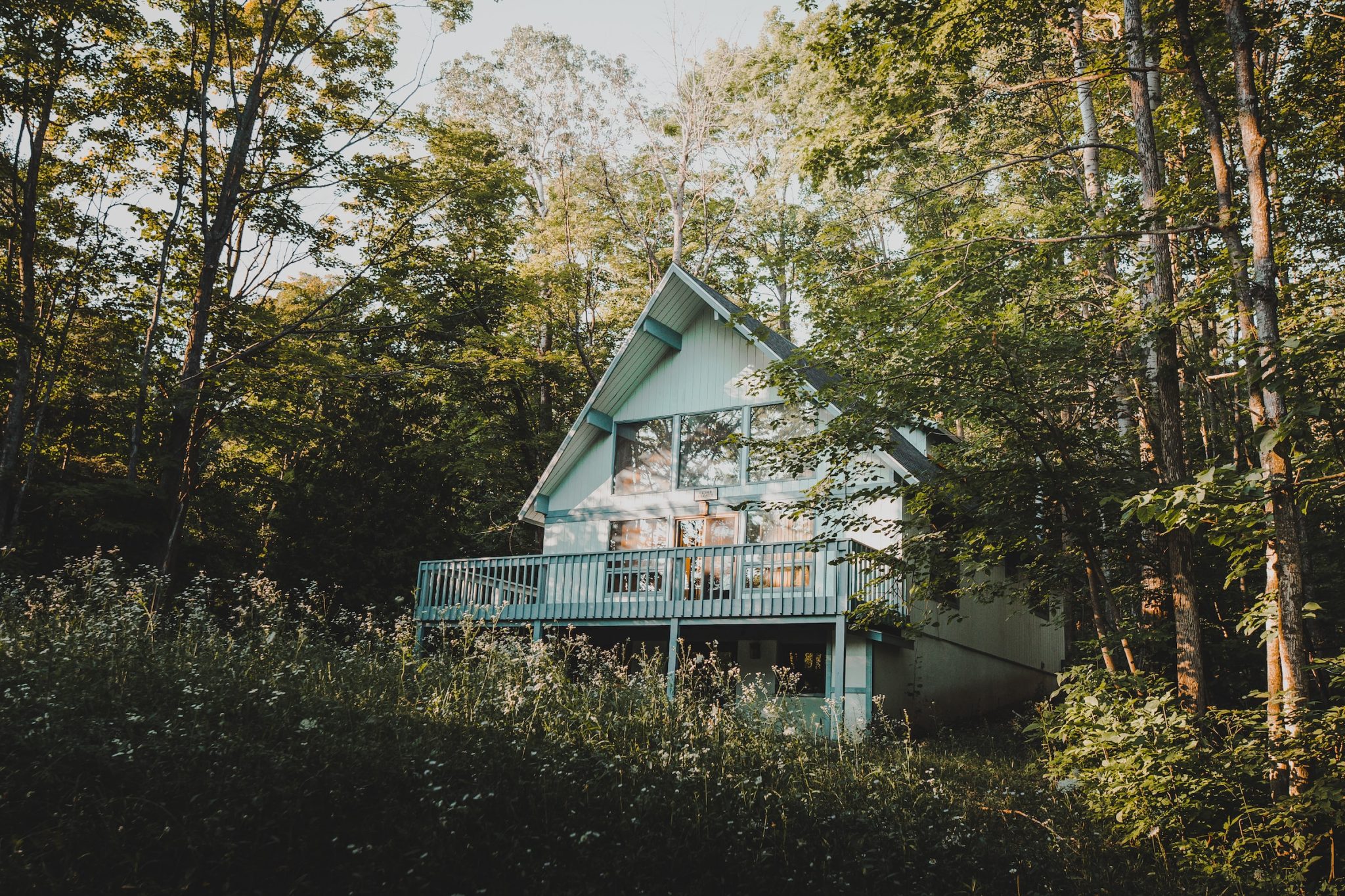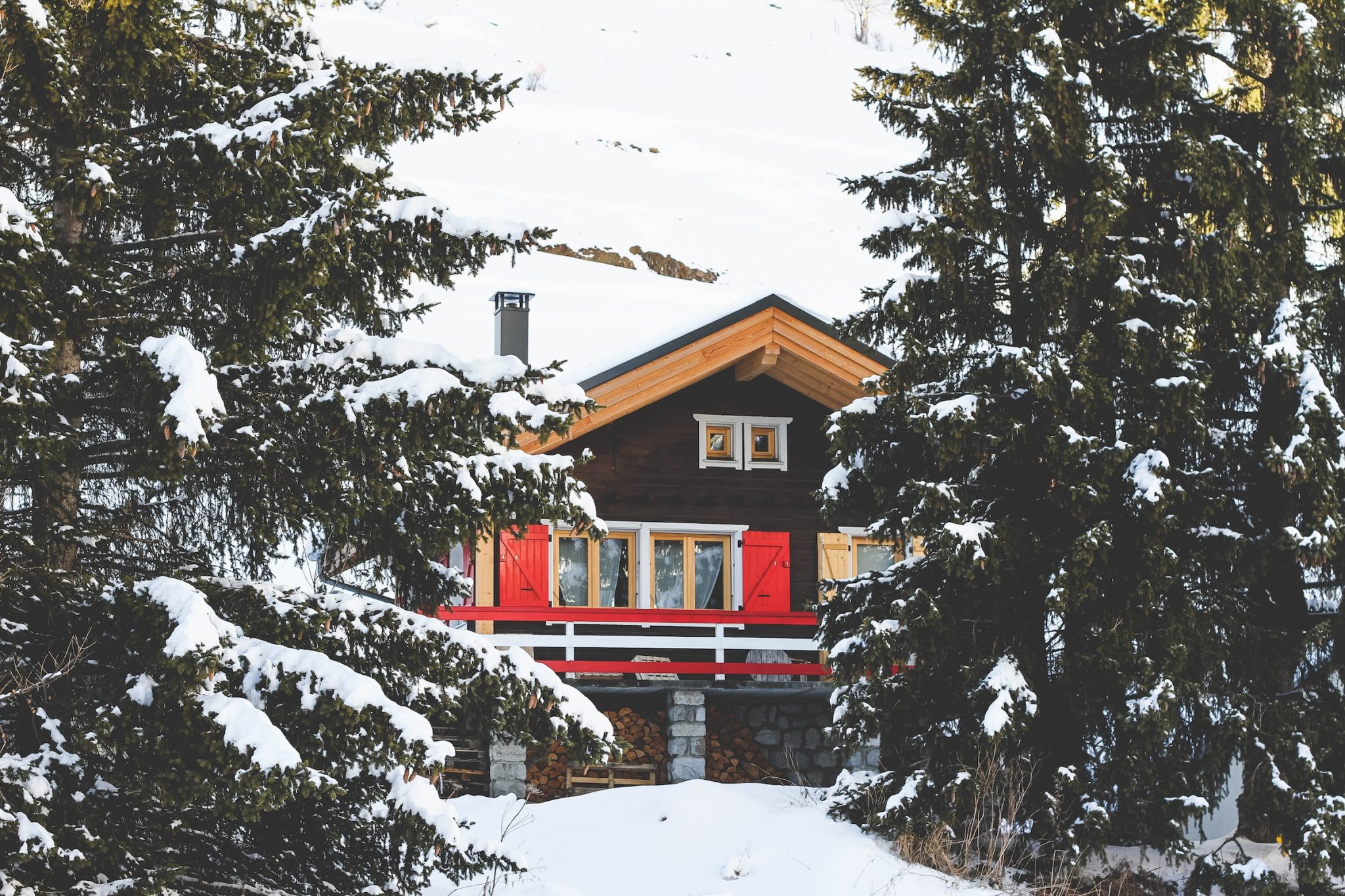Navigating the responsibilities of homeownership in Washington State requires careful attention to various factors that are unique to the region. From the ever-changing weather patterns to the competitive real estate market, Washington homeowners must stay informed and proactive. Whether you’re a seasoned homeowner or embarking on your first property purchase, understanding what demands your attention is essential.

In this article, we will explore three key areas that Washington homeowners need to focus on weatherproofing and maintenance for all seasons, understanding the local real estate market, and mitigating natural hazards. By delving into these topics, we aim to provide valuable insights and guidance to help homeowners make informed decisions, protect their properties, and foster a safe and sustainable living environment in the beautiful state of Washington.
Table of Contents
Weatherproofing and Maintenance for All Seasons
Washington is known for its diverse climate, with regions experiencing varying weather patterns throughout the year. From the rainy winters in Seattle to the snowy conditions in the Cascade Mountains, homeowners must ensure their properties are adequately weatherproofed.
You are not sure if that is the case with your house? Start by getting a roof installed properly and inspecting the exterior of your home. Check for any gaps or cracks in the walls, roof, windows, and doors that could allow moisture or cold air to enter. Seal any openings and consider adding insulation to improve energy efficiency. In areas prone to heavy snowfall, make sure your roof is structurally sound and can handle the weight.
Regular maintenance is also crucial. Clean gutters and downspouts regularly to prevent water buildup and potential damage to your home’s foundation. Trim overhanging branches to prevent them from falling during storms. Additionally, check your heating and cooling systems to ensure they’re functioning optimally before the seasons change.
Understanding the Local Real Estate Market
The real estate market in Washington State can be competitive and dynamic, making it essential for homeowners to stay informed about local trends. Whether you’re considering selling, buying, or refinancing your home, understanding the market can help you make informed decisions.
Monitor housing market trends, such as median home prices, average days on the market, and inventory levels. This information can guide your decision-making process and give you an idea of when it may be a good time to sell or buy.
Working with a knowledgeable local real estate agent can also provide valuable insights. They can help you navigate the market, assess property values, negotiate offers, and understand the intricacies of the buying or selling process. Additionally, keep an eye on local regulations and policies that may impact property values or homeownership, such as tax changes or zoning regulations.

Mitigating Natural Hazards
As already said, Washington is prone to natural hazards, including earthquakes, wildfires, and landslides. Homeowners should take proactive measures to mitigate the risks associated with these hazards and protect their properties.
For earthquake preparedness, consider retrofitting your home to improve its structural integrity. Consult with a professional engineer to assess your property and identify any necessary reinforcements. Secure heavy furniture and appliances to prevent them from tipping during an earthquake. Create an emergency kit with essential supplies, including food, water, medications, and first aid items.
Wildfire prevention is crucial, especially for homeowners in wooded areas. Clear dry leaves and debris from gutters, roofs, and surrounding areas. Trim trees and shrubs to create a defensible space around your home. Use fire-resistant materials for your home’s exterior, such as non-combustible roofing and siding.
To mitigate landslide risks, be aware of the signs, such as soil erosion, cracking walls, or tilting trees. If your property is in a landslide-prone area, consult with a geotechnical engineer to assess the stability of your land and implement appropriate measures, such as installing retaining walls or improving drainage.
Efficient Energy Usage and Sustainability
In a time where energy conservation and sustainability are crucial, Washington homeowners should prioritize efficient energy usage. Start by assessing your home’s energy consumption and look for ways to reduce it. Consider upgrading to energy-efficient appliances, such as ENERGY STAR-rated refrigerators, washing machines, and HVAC systems. Replace traditional incandescent light bulbs with energy-saving LED bulbs. Install programmable thermostats to optimize temperature control and reduce heating and cooling costs.
Another important aspect of energy efficiency is insulation. Properly insulating your home can significantly reduce heating and cooling expenses. Check the insulation levels in your walls, attic, and floors. Consider adding insulation or upgrading existing insulation to meet recommended R-values for your region.
Additionally, Washington homeowners can take advantage of renewable energy options to reduce their environmental impact. Installing solar panels on your roof can generate clean energy and potentially lower your electricity bills. Research local incentives and tax credits available for renewable energy installations to make the transition more affordable.
Homeowners Association (HOA) Regulations and Responsibilities
Many residential communities in Washington have homeowners associations (HOAs) that enforce rules and regulations to maintain the appearance and functionality of the neighborhood. If you live in an HOA-governed community, it’s crucial to familiarize yourself with the HOA’s guidelines and your responsibilities as a homeowner.
Read through the HOA’s governing documents, including the bylaws, covenants, conditions, and restrictions (CC&Rs). Understand any architectural guidelines or landscaping requirements that may affect your ability to modify or improve your property. Stay informed about HOA meetings, annual assessments, and any changes to the rules and regulations.
Maintaining a positive relationship with your HOA is important. Participate in community events, follow the guidelines, and address any concerns or issues through the appropriate channels. Being an engaged and responsible homeowner within your HOA can contribute to a harmonious living environment and protect your property values.
Home Security and Safety
Ensuring the safety and security of your Washington home is paramount. Start by investing in a reliable home security system. Choose one that includes features such as surveillance cameras, motion sensors, and 24/7 monitoring. Display visible signs and stickers indicating the presence of a security system, as they act as deterrents to potential intruders.
In addition to electronic security measures, consider reinforcing your home’s physical security. Install sturdy deadbolt locks on all exterior doors and consider upgrading to impact-resistant windows. Install motion-activated outdoor lighting to deter unwanted activity around your property.
Fire safety is another important consideration. Install smoke detectors on every floor and regularly test and replace batteries. Keep fire extinguishers in easily accessible locations, such as the kitchen and garage. Develop a fire escape plan for your family and practice it regularly.
In conclusion, homeowners in Washington State must be vigilant and attentive to various aspects of homeownership specific to the region. By prioritizing weatherproofing and maintenance, homeowners can ensure their properties are resilient against the diverse climate patterns that Washington presents. Understanding the local real estate market empowers homeowners to make informed decisions when buying, selling, or refinancing their homes. By keeping abreast of market trends and working with knowledgeable professionals, homeowners can navigate the dynamic real estate landscape effectively. Moreover, mitigating natural hazards is crucial for homeowners in Washington, where earthquakes, wildfires, and landslides pose risks. By taking proactive measures, such as retrofitting homes, implementing fire prevention strategies, and monitoring signs of instability, homeowners can safeguard their properties and their well-being.
- About the Author
- Latest Posts
Whether she is researching the latest trends in home decor, life-changing destination getaways, or the best way to maintain your finances, Dewey takes pride in leaving no stone unturned. She is passionate about distilling and delivering high-quality information that you can use to upgrade your life.

